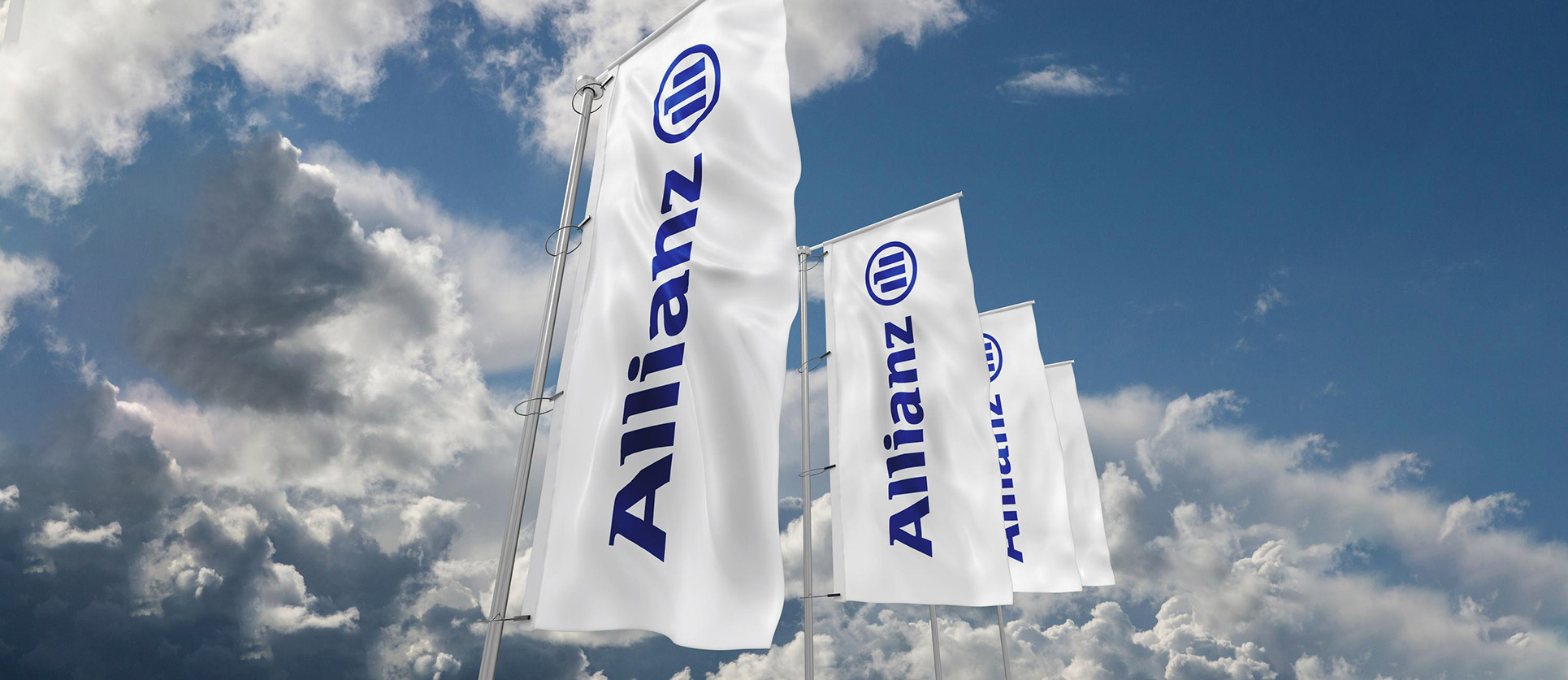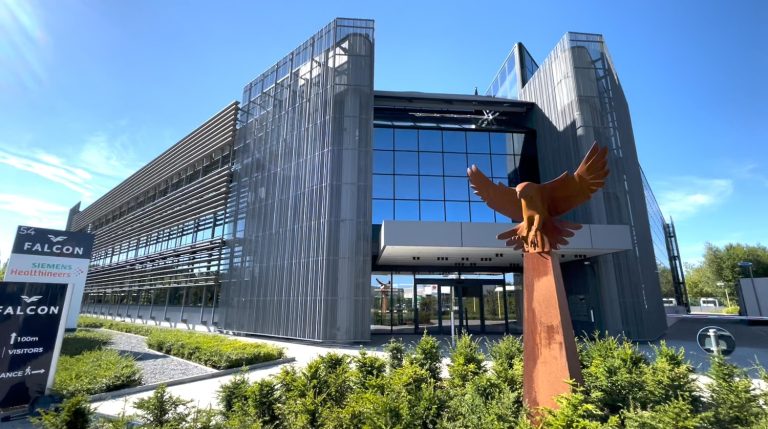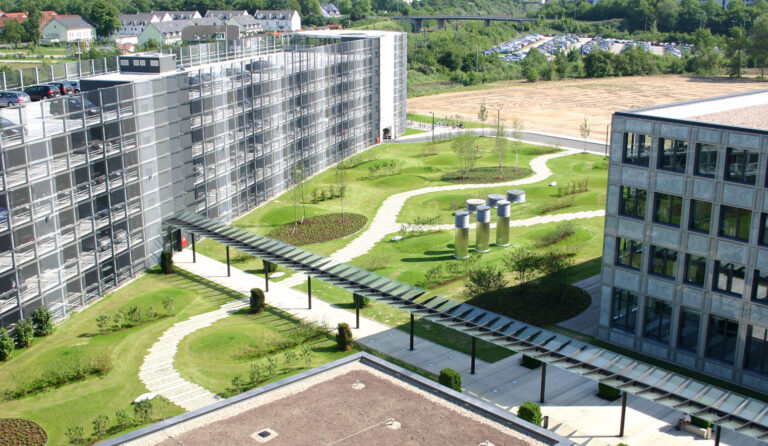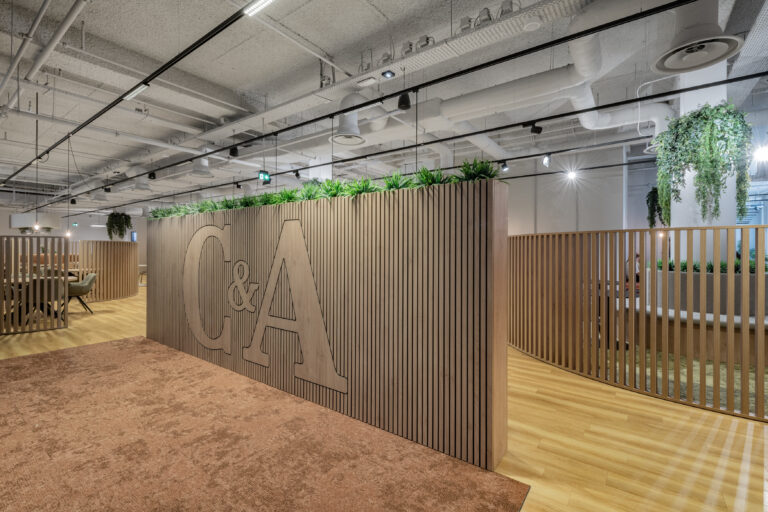Feasibility Study for the Rental of Allianz Offices
Let’s delve into the not-so-distant past. In 2019, insurance group Allianz invested in two buildings. They were fully equipped according to the latest office trends at the time. At the beginning of 2020, the buildings were ready for use. Then COVID-19 struck. The opening was postponed, and as life slowly returned to normal, work habits had drastically changed, leaving the buildings significantly oversized. Allianz enlisted Meliopus to investigate how the group could turn the situation to its advantage.
The Client
Allianz is a world leader in insurance and asset management. With services such as property, life, and auto insurance, the company serves over 100 million customers in 70 countries. Allianz is known for its financial stability, invests in digital innovation, and is committed to sustainability and corporate social responsibility.
The assignment
Before the pandemic, Allianz Benelux invested in two high-end office buildings, one in Brussels and one in Rotterdam. These buildings were fully finished and custom-designed to offer the best office experience to its staff and clients. However, COVID-19 disrupted those plans. The fully completed, exclusive buildings remained vacant for over two years, and after the crisis, office needs had completely changed. Additionally, due to the increase in remote work, Allianz had surplus space. To make the most of its investment, the company enlisted Meliopus. We explored how Allianz could optimize its own offices and also generate revenue from the vacant areas.
Our approach
1/ Measurements and analysis of current office use
To start, we mapped out various figures to gain insight into the current occupancy rates of the offices, analyzed different activity profiles, and studied the existing layouts. Based on this data, we made several proposals to efficiently reconfigure the required office space according to modern needs. For example, in Brussels, there were many large meeting rooms that often remained empty, while there was a shortage of small meeting hubs.
2/ Strategic study in the context of subletting
Due to the increase in remote work, Allianz faced vacancy issues in its large office buildings. Therefore, at Meliopus, we conducted a strategic study to explore various options for subleasing. We conducted in-depth analyses of both operational expenditures (opex) and capital expenditures (capex) to determine which strategy would be most effective in the short term and deliver the most value in the long term.
The result
To the great satisfaction of Allianz, the study clearly indicated that subleasing was a logical option. By making a minimal investment in reorganizing their own offices into a smaller space, the group generates additional income through leasing. Thus, what began as a challenging situation has led to a positive outcome.








